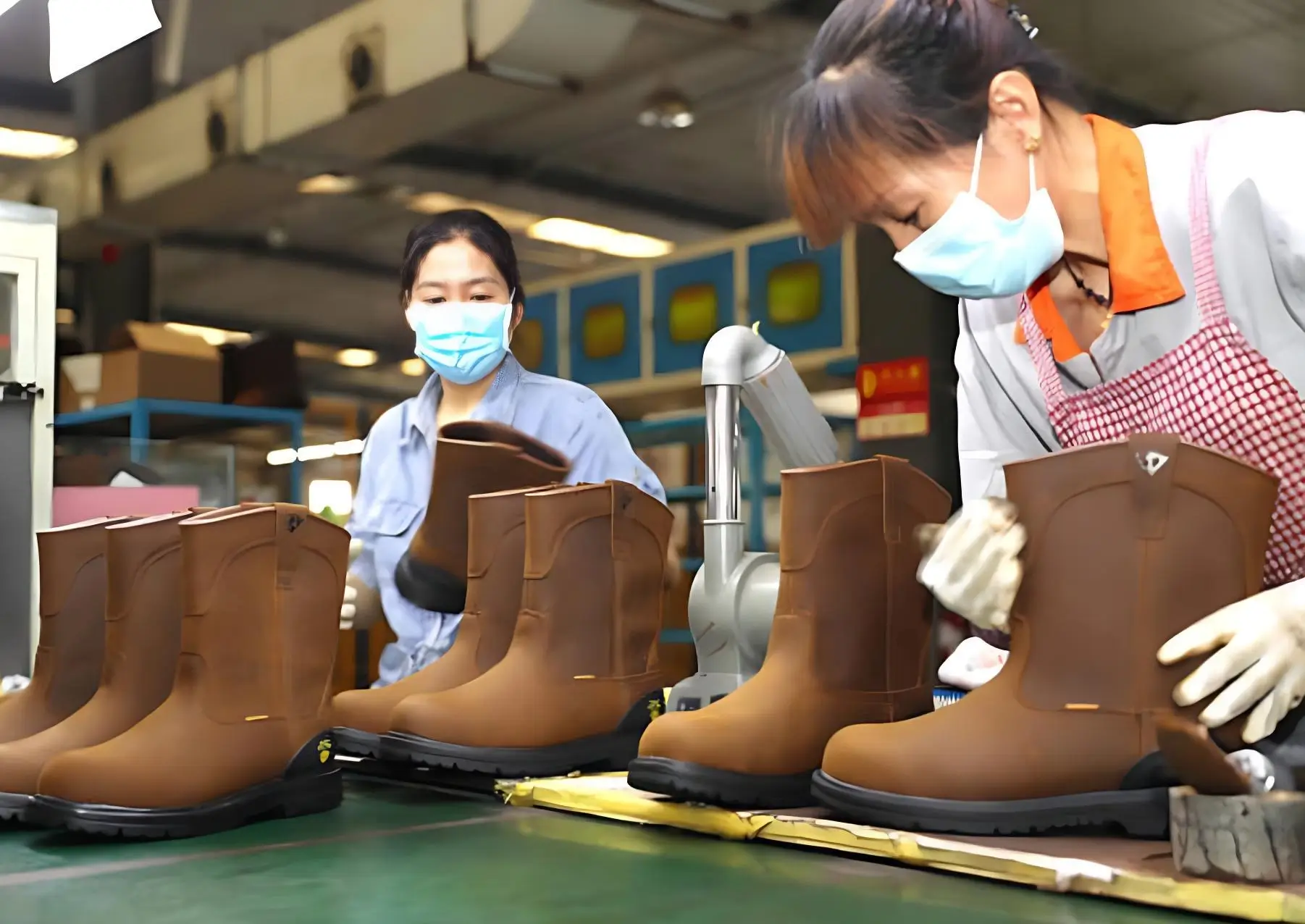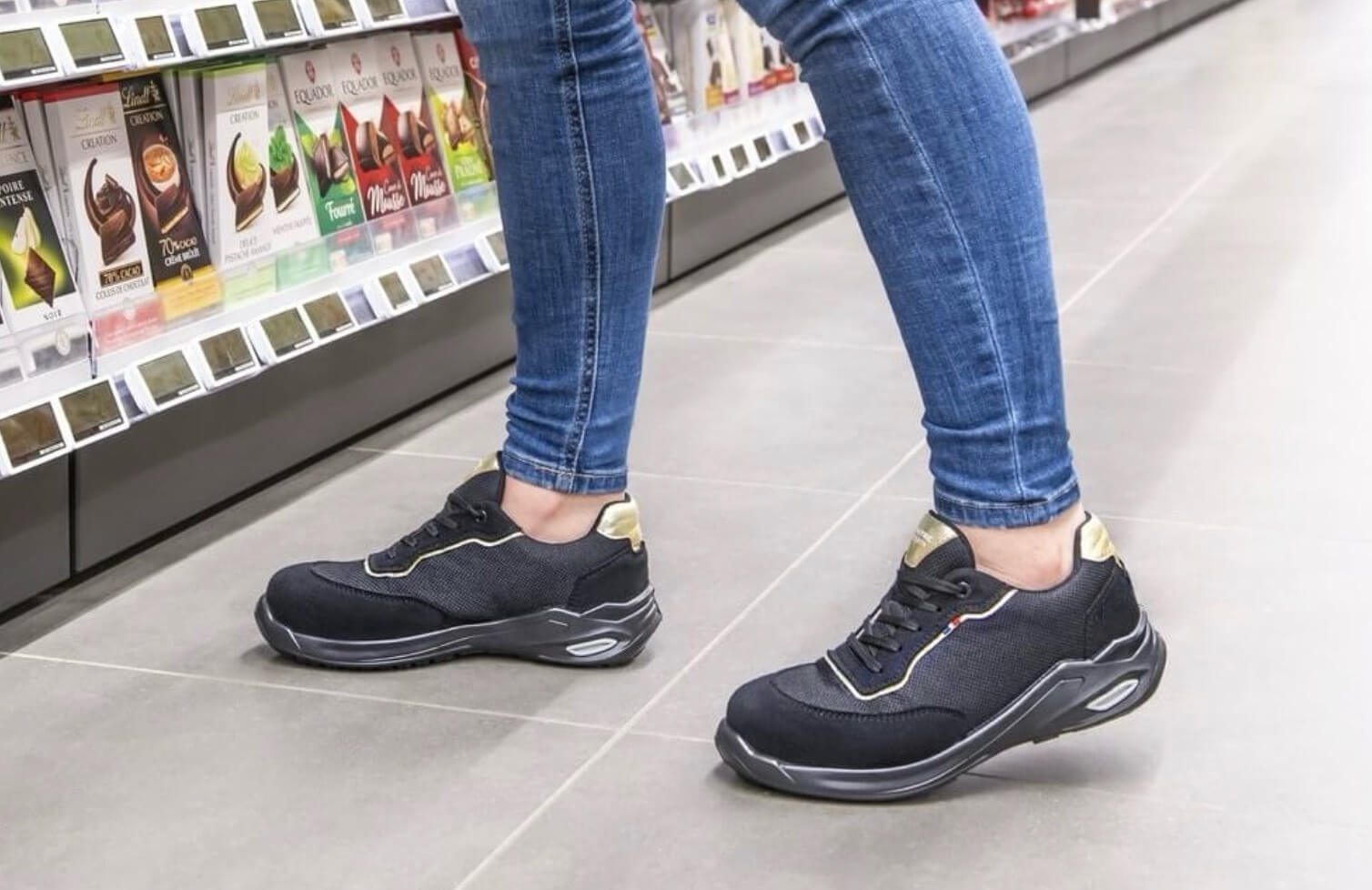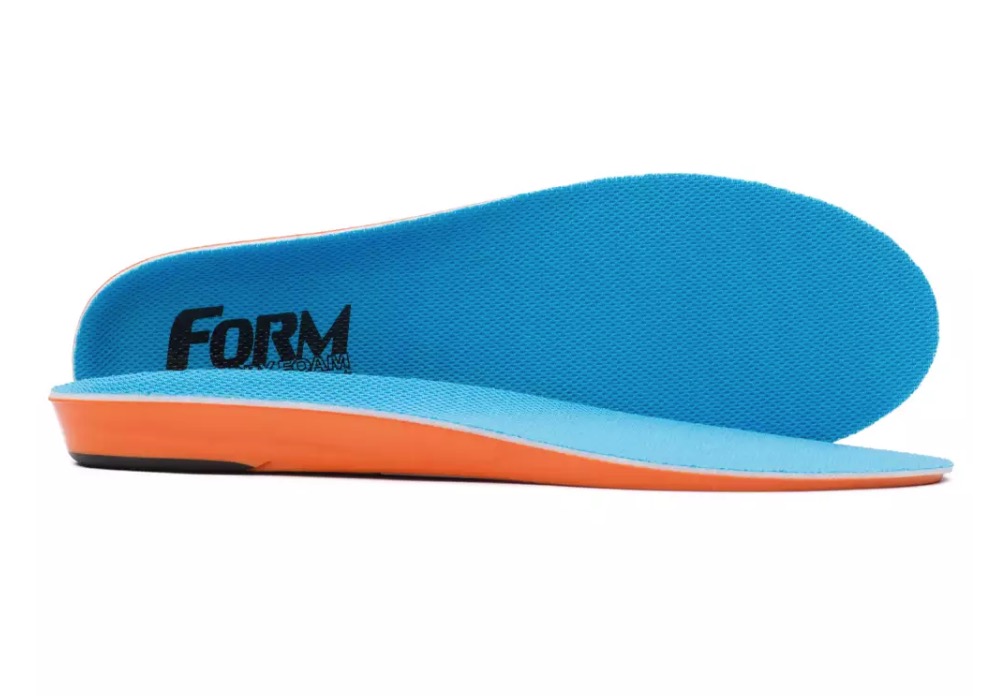I’ve been in the shoe manufacturing business in China for over a decade. I talk to brand owners, buyers, and sourcing managers every single day. And I keep hearing the same “common sense” myths over and over again. These myths aren’t just wrong; they are actively costing brands real money through missed opportunities, inflated costs, and unnecessary risks.
If you’re looking to start a shoe brand or find a private label shoe manufacturer, you’ve probably heard them too. “You can’t control the quality.” “They’ll steal your designs.” “You have to pay 100% upfront.”
Today, I’m going to pull back the curtain and, as an insider, debunk the three biggest myths. I’ll show you the reality of sourcing high-quality footwear from China and provide a professional playbook to help you avoid the pitfalls that cost other brands a fortune.
Myth #1: “You Have No Control Over the Quality of Chinese-Made Shoes”
This is, without a doubt, the biggest and most damaging myth. It’s the fear that keeps many brand owners awake at night: the nightmare of receiving a container of poorly made shoes with your brand’s name on them.
The Reality: Quality is a Choice and a Process, Not a Country
Let’s be clear: the idea that all shoes made in China are low-quality is a decade-old stereotype. Why does this myth persist? Because, frankly, there are thousands of factories and trading companies out there. A brand that chases the absolute lowest price without doing their homework will inevitably find a low-quality supplier. As one analysis pointed out, this can lead to product return rates exceeding 15%—a financial disaster that far outweighs any initial savings.
The truth is, China is home to some of the most advanced footwear manufacturing operations in the world. Global giants like Nike, Adidas, and ASICS still rely on Chinese factories for many of their premium and technically complex product lines. The quality of a shoe isn’t determined by its country of origin; it’s determined by the factory you choose and the process you implement.
You don’t lose control when you manufacture in China; you establish control through a professional process.
The Solution: How to Guarantee High Quality (The Pro’s Playbook)
High quality isn’t an accident. It’s the result of a clear, disciplined, and verifiable system. Here are the non-negotiable steps you must take to ensure you get a great product.
A Bulletproof Tech Pack is Your Foundation Your tech pack is the single most important document in the entire shoe production process. It is the blueprint. Never assume a factory knows what you want. You must codify everything. A professional tech pack for a custom sneaker manufacturer should include:
Detailed Materials List: Specify everything. For a leather boot, don’t just write “leather”; write “1.4-1.6mm full-grain cowhide leather, LWG-certified, Pantone color 19-4008 TCX.”
Construction Details: How should the outsole be attached? A cement construction? A Goodyear welt? What is the required stitch density (SPI – stitches per inch)?
Precise Measurements: Include all dimensions for every component, with acceptable tolerances.
The “Golden Sample” is Your Contract Before you ever approve mass production, you must have a final, perfect sample in your hands. This is called the “golden sample.” This single shoe is your physical contract. You and the factory should both sign and seal a sample. It becomes the standard against which every single shoe in your production run will be measured. No golden sample, no production. It’s that simple.
Independent, Third-Party QC is Your Insurance Policy This is the most critical piece of advice I can give you. Do not rely solely on the factory’s internal QC team. You must hire your own independent, third-party inspection company. For a few hundred dollars, they will send a professional inspector to the factory to conduct a Final Random Inspection (FRI) before your goods are shipped. They use a statistical method called AQL (Acceptance Quality Limit) to check a random sample of your production run.
Your contract must state that the final 70% balance payment is only released after the shipment has passed this independent inspection. This is your ultimate leverage. It’s what guarantees that the quality of your bulk production matches the perfection of your golden sample.
Our Commitment at JINHUA
At JINHUA, we live by this process. We work with our clients to build professional tech packs. We don’t start production until a golden sample is approved. And we welcome third-party inspectors. We believe transparency is the foundation of a great partnership and the only way to consistently produce high-quality shoes from China.
Myth #2: “You Have to Pay 100% Upfront, It’s Too Risky”
The fear of sending a huge amount of money overseas and getting nothing in return is a very real one, especially for new brands. This myth often comes from stories of people getting scammed on B2C platforms or working with untrustworthy agents.
The Reality: Standard Payment Terms are Built on Mutual Trust and Shared Risk
The idea that you have to pay 100% upfront is completely false for any legitimate B2B transaction. No reputable private label shoe factory that is serious about building a long-term business relationship will ever ask for this. This kind of demand is a massive red flag that you are dealing with a small, unstable, or potentially fraudulent operator.
The professional manufacturing world operates on a system of shared risk and established trust. The payment structure is designed to protect both the buyer and the factory.
The Solution: The 30/70 Payment Structure That Protects Your Capital
The industry standard for OEM/ODM footwear production is a simple and effective two-part payment structure. Understanding this is key to protecting your business.
The 30% Deposit: When you place your official Purchase Order (PO), you will typically pay a 30% deposit. This is a reasonable and necessary step. This initial payment allows the factory to purchase all the raw materials needed for your production run—the leather, the rubber, the fabrics, the shoeboxes. It shows the factory that you are a serious partner and gives them the capital to start the project without taking on all the financial risk themselves.
The 70% Balance: This is your power. The final, larger portion of the payment is only due after mass production is complete AND after the goods have passed your independent, third-party quality inspection. The payment is typically made right before the goods are loaded onto the ship. This structure ensures that the factory is highly motivated to produce a high-quality product that meets your standards. If the quality isn’t right, you haven’t paid the final balance, giving you immense leverage to have the issues fixed.
How We Build Financial Trust at JINHUA
At JINHUA, we strictly adhere to this professional 30/70 payment structure. It’s the foundation of a transparent and trusting partnership. For our long-term, high-volume partners, we can even discuss more flexible terms, but for new brands, this structure provides the perfect balance of security for both sides. We believe that financial trust is just as important as product quality when you’re looking for a footwear manufacturing partner.
Myth #3: “The Factory Will Definitely Steal My Designs”
This is another huge fear that holds many creative brands back. You’ve poured your heart and soul into creating a unique design, and the thought of it being copied and sold by someone else is terrifying.
The Reality: Reputation is Everything for a Good Factory
Let’s be honest: IP theft can and does happen. But the idea that it is the “rule” rather than the “exception” is a myth. For a small, fly-by-night operation, copying a design might seem like a quick win. But for a professional, established factory that works with international brands, their reputation is their single most valuable asset.
A factory that gets a reputation for stealing designs will quickly find itself blacklisted by all serious international buyers. The short-term gain from selling a few thousand pairs of a copied design is nothing compared to the long-term loss of multi-million dollar partnerships. For a good factory, stealing your design is simply bad business.
The Solution: How to Legally Protect Your IP in China
You don’t have to rely on trust alone. You can and should take concrete, legally binding steps to protect your intellectual property.
The Power of the NNN Agreement: A standard American or European NDA (Non-Disclosure Agreement) is often unenforceable in a Chinese court. You need a China-specific NNN (Non-Use, Non-Disclosure, Non-Circumvention) Agreement. This powerful legal document, drafted in Chinese and enforceable under Chinese law, explicitly prevents the factory from using your designs for other clients, sharing them with other factories, or trying to go around you to sell to your customers. It is the first document you should have a potential partner sign.
Your Molds are Your Property: If your shoe requires a new, custom outsole mold (which can cost thousands of dollars), your manufacturing contract must clearly state that you are the sole and exclusive owner of that mold. A good factory will never use your private mold to make shoes for another brand.
Work with a Reputable Partner: At the end of the day, the best protection is to work with a reliable shoe manufacturer that has a long history of partnering with international brands. A factory with a long list of happy, long-term clients has a proven track record of protecting their partners’ IP.
Your IP is Safe with JINHUA
At JINHUA, protecting our clients’ intellectual property is a cornerstone of our business. We are proactive about signing NNN agreements and our contracts always include clear clauses about the ownership of molds and designs. We understand that your designs are your most valuable asset, and we are committed to being a partner you can trust to protect them.
Frequently Asked Questions
1. What are the real pros and cons of manufacturing in China? The biggest pros are the incredibly complete and efficient supply chain, the vast experience in mass production, and the ability to find specialists for any type of shoe. The cons include rising labor costs compared to other Southeast Asian countries and the geopolitical risks associated with tariffs.
2. How much does it actually cost to manufacture a shoe in China? It varies widely. Materials can be 30-50% of the cost, and labor 20-40%. A simple canvas sneaker might be $8-12 FOB, while a complex, custom-made men’s leather shoe could be $25-40 FOB or more. This doesn’t include shipping, duties, and tariffs, which can add significantly to the final landed cost.
3. What are the disadvantages I should be aware of? Besides the costs and IP risks we’ve discussed, you need to plan for cultural and language barriers, time zone differences, and major holidays like Chinese New Year, which can shut down factories for several weeks.
4. Are Chinese products really made with inferior materials? This is a myth. Chinese factories can source and work with any material you specify, from the most basic synthetics to the highest-grade, LWG-certified Italian leather. The quality of the materials is a choice that you, the brand, make in your tech pack.
Final Takeaways: The Truth About Shoe Manufacturing in China
The truth is, shoe manufacturing in China isn’t about luck; it’s about having the right strategy and the right partner. By understanding and avoiding these common “common sense” myths, you can leverage China’s incredible manufacturing power to build a profitable and high-quality shoe brand.
Here are the key takeaways to remember:
You are in control of quality. A detailed tech pack, an approved golden sample, and independent QC give you absolute control.
You don’t have to pay 100% upfront. The professional standard is a 30/70 payment structure that protects your capital.
You can protect your designs. A China-specific NNN agreement and a clear contract are powerful legal tools.
The lowest price is often the most expensive mistake. Focus on total value, not just the FOB price.
At JINHUA, we believe in transparency and partnership. We’re not just a supplier; we’re your team on the ground. If you’re tired of the myths and ready to talk about the reality of successful shoe manufacturing, contact us today for a free, honest consultation. You can start the conversation by reaching out to our expert team through your preferred channel below.
📧 Email: sales@jinhuashoes.com
(You’ll get personalized, expert feedback within 12 business hours.)



